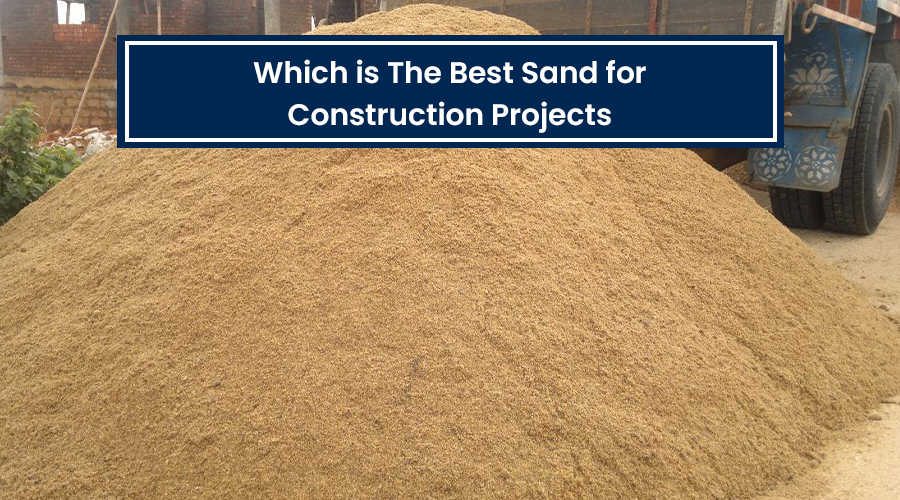Introduction
When it comes to construction projects, selecting the right type of sand is crucial for ensuring the quality and durability of the final structure. Sand plays a vital role in various construction applications, such as concrete production, mortar mixing, and foundation preparation. In this blog post, we will explore different types of sand commonly used in construction and provide insights into choosing the best sand for your specific project.
River Sand
River sand is one of the most commonly used types of sand in construction. It is naturally occurring and extracted from riverbeds. River sand is characterized by its fine particles, smooth texture, and rounded grains. It is suitable for various applications, including concrete production, masonry work, and plastering. However, due to environmental concerns and the impact of excessive sand mining on river ecosystems, the availability of river sand may be limited in some regions.
Crushed Stone Sand
Crushed stone sand, also known as artificial sand or M-sand (manufactured sand), is produced by crushing granite or basalt rocks. It has a rough texture compared to river sand and angular grains. Crushed stone sand is a cost-effective and sustainable alternative to river sand. It is widely used in concrete production, as a bedding material for paving stones, and in plastering.
Pit Sand
Pit sand is extracted from deep pits or excavated areas. It has a coarse texture and is often mixed with clay or other organic impurities. Pit sand is primarily used for non-structural purposes, such as filling excavated areas, leveling uneven surfaces, and as a base for laying bricks or paving blocks. However, due to its impurities, pit sand is not suitable for applications where higher strength or quality is required.
Desert Sand
Desert sand is not suitable for construction purposes. Unlike river sand or crushed stone sand, desert sand has rounded grains that do not bind well together. Its smooth texture and lack of angularity make it unsuitable for concrete production and other construction applications. Additionally, desert sand often contains salt and other impurities, which can be detrimental to the integrity of the structures.
Other Considerations
Aside from the type of sand, there are a few other factors to consider when choosing sand for construction projects:
Gradation:
The particle size distribution of the sand affects the workability and strength of concrete. Well-graded sand with a mixture of different particle sizes is generally preferred.
Cleanliness
The sand should be free from organic matter, clay, silt, and other contaminants that can affect the performance of the construction materials.
Moisture Content
Wet sand can lead to shrinkage and cracking in concrete. On the other hand, too dry sand can reduce workability. Optimal moisture content is essential for achieving the desired consistency.
Conclusion
Selecting the right type of sand for construction projects is essential to ensure the strength, durability, and overall quality of the structure. River sand, crushed stone sand, and pit sand are commonly used, each with its own advantages and applications. Avoid using desert sand, as it lacks suitable properties for construction purposes. Additionally, consider factors such as gradation, cleanliness, and moisture content when choosing sand. Consulting with experts and adhering to local construction guidelines will help you make an informed decision and ensure the success of your construction project.

